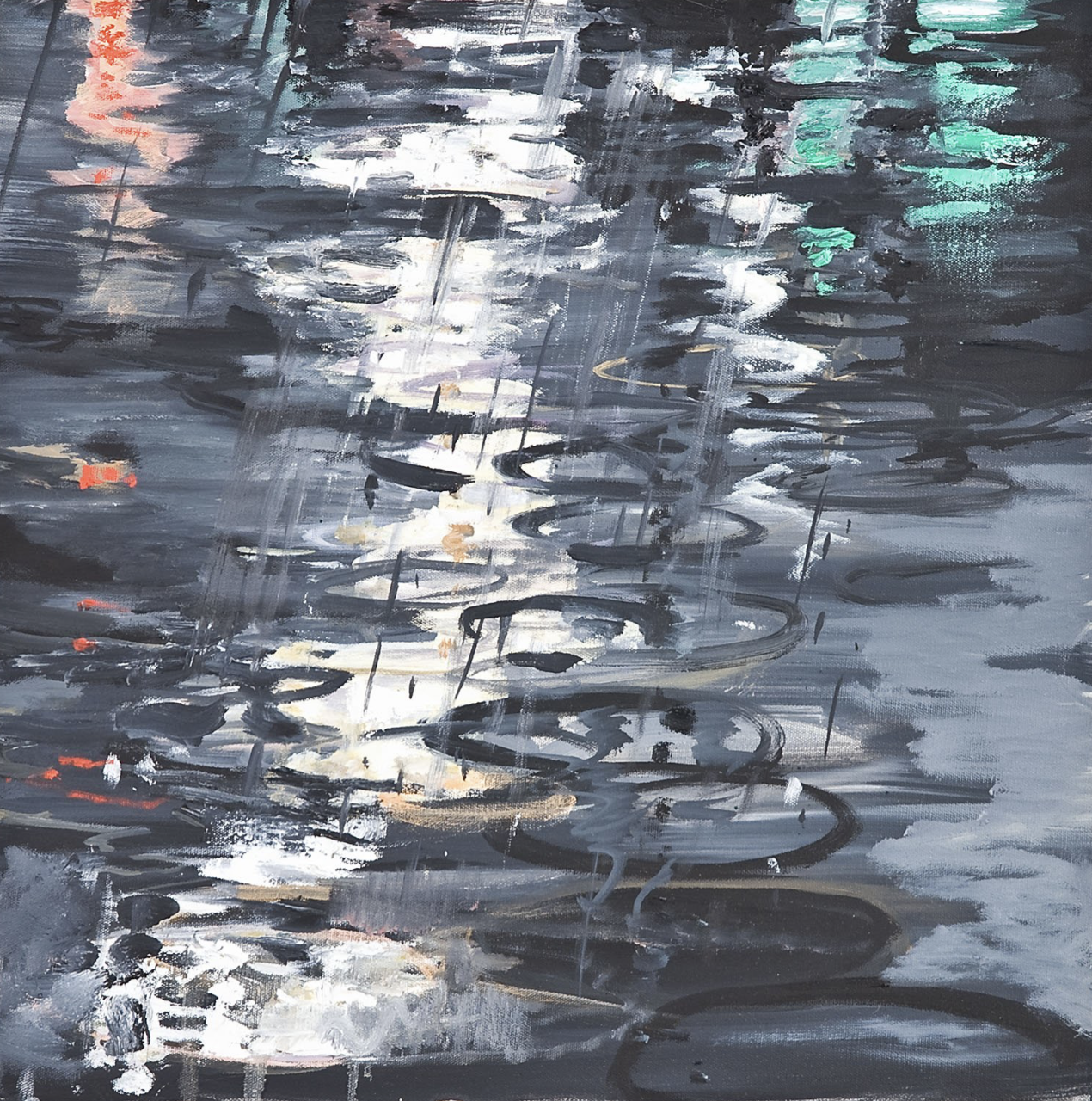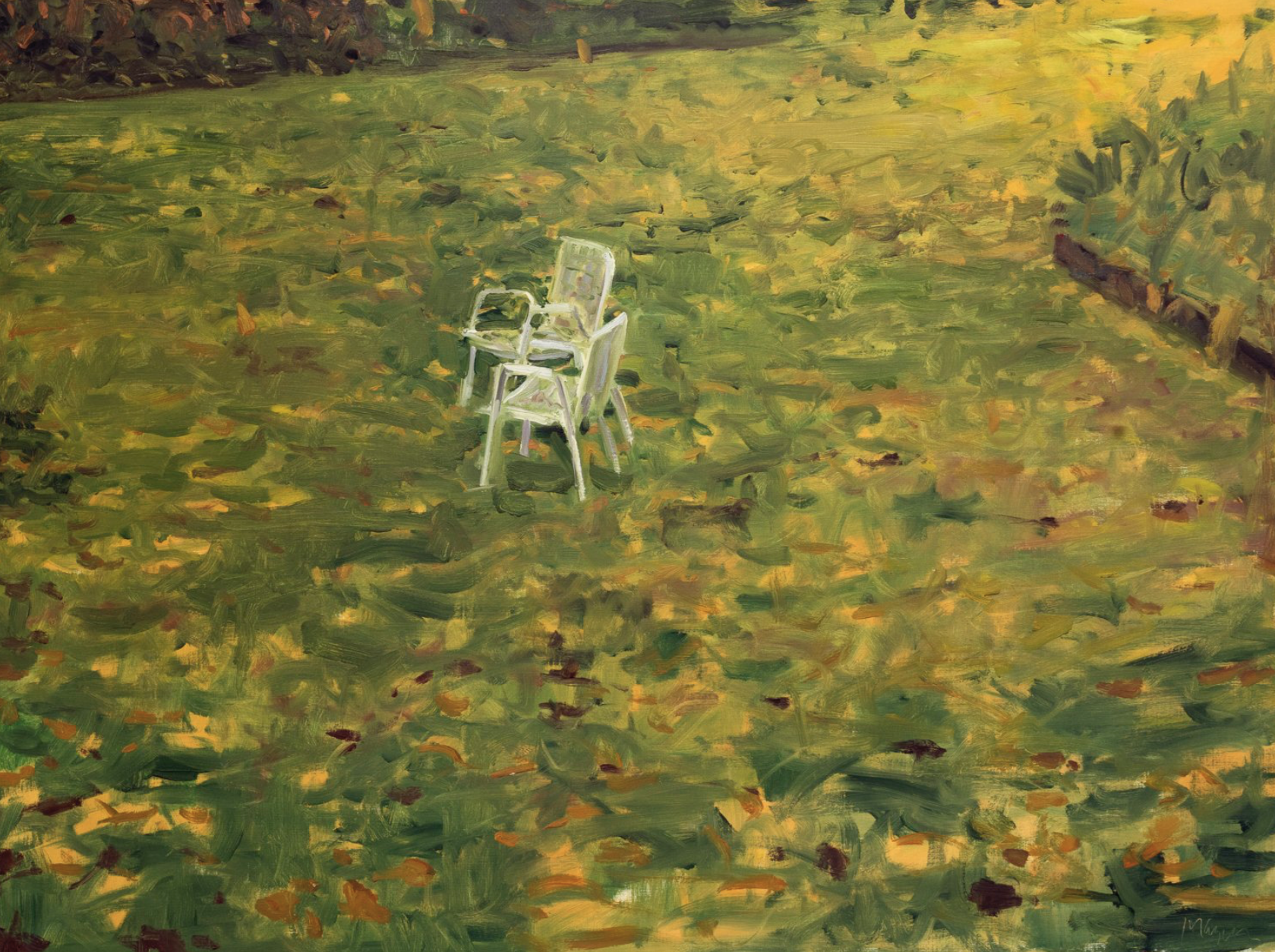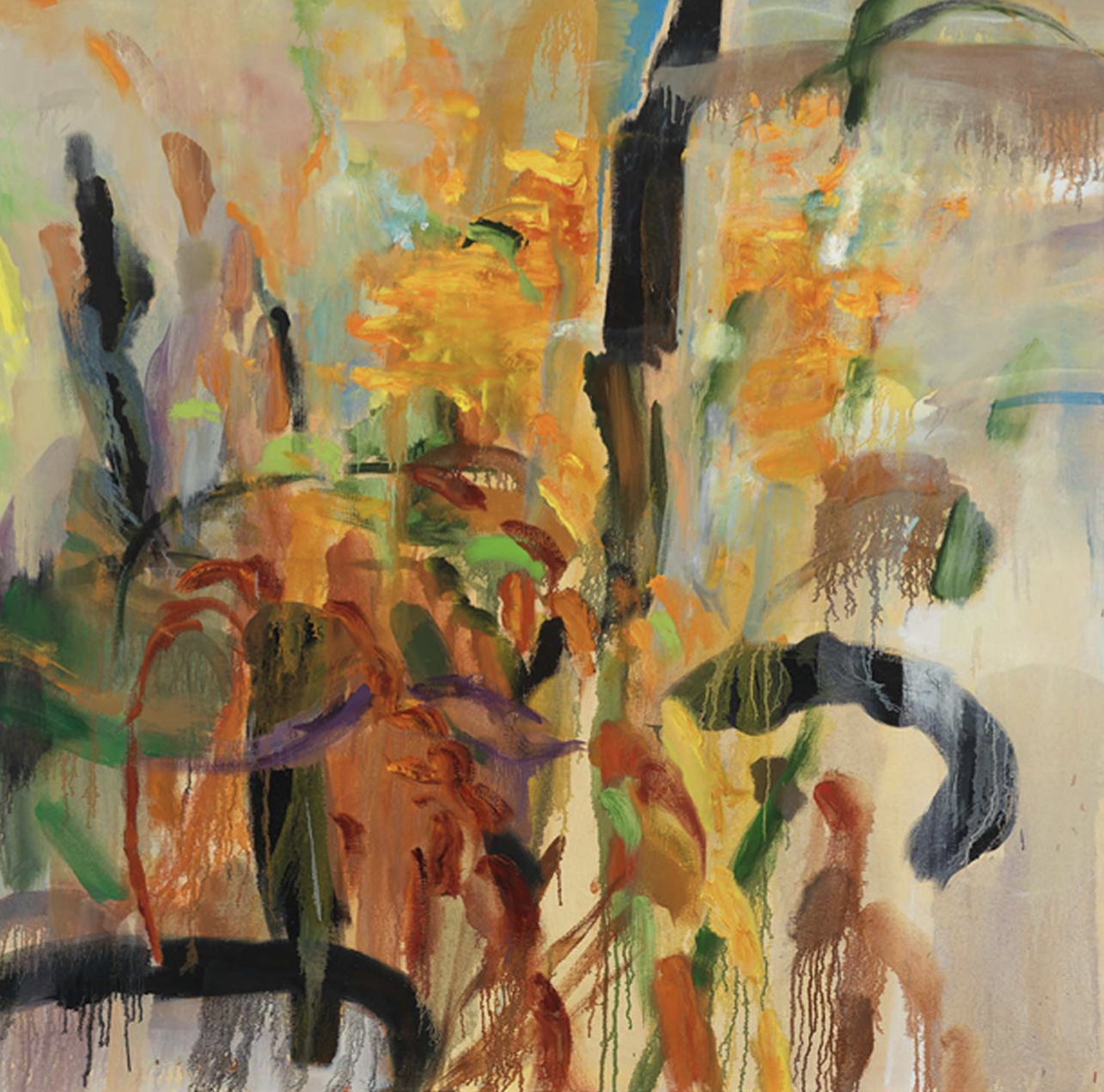Night Rain (2008) by Michael Mazur:

Night Rain (2008) by Michael Mazur:

Fall Garden - 2 Chairs II (1977) by Michael Mazur:

Autumn (2000) by Michael Mazur:

Too often the church has let the world define the nature of the battle. If the foe is seen as communism or socialism, Christians are tempted to commit themselves uncritically to free enterprise. If the enemy is “dependent capitalism and neocolonialism,” Christians may fall prey to neo-Marxist ideology. If the foe is globalization, believers may turn isolationist or nationalist. If the danger is a point of doctrine, Christian turn orthodoxy into a bludgeon. If it is a specific behavior, conformity becomes a straitjacket.
An inflated estimation of human nature capsizes love for one’s neighbor. If you assume that people are basically levelheaded and evenhanded, they will exasperate you when they make odd and self-defeating decisions instead of virtuous ones. […]
Confusion and disappointment at another person’s behavior lead to judgment, judgment leads to anger, and anger leads to antagonism. Before you know it, the world has quietly divided into two groups: the honest, sensible people “like me” and the ignorant and foolish ones “over there.” The bifurcations multiply the further we travel from humility. We may even grow bitter at the world for its failure to conform to our notions of propriety.
I have preached nearly twenty years' worth of sermons at various churches across the country. With almost zero exceptions, the sermons that have garnered the most enthusiastic response—the ones that people remember years later—are the ones that assume the listener is suffering. No matter how poised the audience appears, talks on depression, betrayal, addiction, grief, loneliness, and greed resonate much deeper than those on more upbeat topics. In fact, the more you emphasize the hurts of life, the more people feel known and uplifted.


Currently reading: Low Anthropology by David Zahl 📚

Finished reading: The Revenge of Conscience by J. Budziszewski 📚
An interesting work on the implications of original sin—and its widespread denial—for contemporary American politics. Budziszewski offers a more subtle presentation of conscience than is typical. He suggests that much of our social decay and moral confusion comes not from a weakening of conscience, but rather from our suppression of it, which results in moral energy being redirected and bubbling up in other ways. Since, as Budziszewski explains, knowledge of guilt produces certain “objective needs,” there remains a desire for satisfaction (e.g., confession, atonement, reconciliation, justification), pacified now through non-religious, pseudo forms. In this respect, The Revenge of Conscience comports nicely with Wilfred McClay’s reflections in his seminal essay, “The Strange Persistence of Guilt.”

Finished reading: Prince Caspian by Clive Staples Lewis 📚